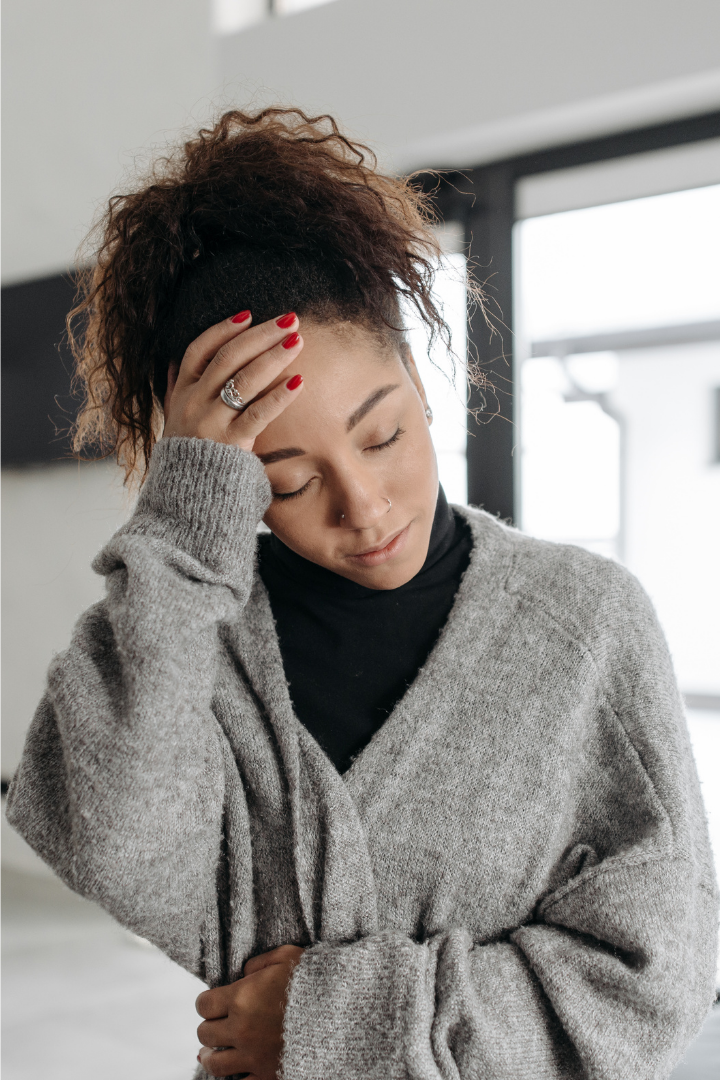Infectious mononucleosis (mono) is most often caused by the Epstein-Barr virus, which is spread primarily through saliva, but you can also be exposed by sharing a glass or food utensils with someone who has mono.
Typical symptoms of infectious mononucleosis usually appear four to six weeks after you get infected with EBV. Signs and symptoms of mononucleosis may include:
- Fatigue
- Sore throat, perhaps misdiagnosed as strep throat, that doesn’t get better after treatment with antibiotics
- Fever
- Swollen lymph nodes in your neck and armpits
- Swollen tonsils
- Headache
- Skin rash
- Soft, swollen spleen
Infections in children usually do not cause symptoms, or the symptoms are not distinguishable from other mild, brief childhood illnesses. People who get symptoms from mononucleosis, usually teenagers or adults, get better in two to four weeks, however some people may feel fatigued for several weeks or even months.
If you’ve been experiencing the above symptoms, you may have mononucleosis. If your symptoms don’t get better on their own in a week or two, see your doctor. Our doctors typically diagnose mononucleosis based on symptoms, and lab tests are not usually needed. Based on the severity of your symptoms, a healthcare provider may recommend treatment of specific organ systems affected by infectious mononucleosis. Because your spleen may become enlarged as a result of infectious mononucleosis, you should avoid contact sports until you fully recover, as participating in contact sports can be strenuous and may cause the spleen to rupture.

Infectious mononucleosis can have similar symptoms to COVID-19, such as fatigue, sore throat, and a headache. While swelling of lymph nodes and tonsils, as well as a skin rash, aren’t common symptoms of COVID-19, we recommend taking a covid test to determine if that is the source of your illness. We are happy to order a covid test for you, which will be done at any local Quest patient service center or another location of your choice.

There’s no specific mononucleosis treatment available, since antibiotics don’t work against viral infections such as mono. Treatment mainly involves taking care of yourself, such as getting enough rest, eating a healthy diet and drinking plenty of fluids. You may take over-the-counter pain relievers to treat fever or sore throat.
Secondary infections can sometimes arise and go along with mononucleosis, such as a streptococcal (strep) infection. You may also develop a sinus infection or an infection of your tonsils. If so, you may need treatment with antibiotics for these accompanying bacterial infections, so making an appointment with a doctor is recommended.
Amoxicillin and other antibiotics, including those made from penicillin, aren’t recommended for people with mononucleosis. In fact, some people with mononucleosis who take one of these drugs may develop a rash.
You can help protect yourself against infectious mononucleosis by not kissing, sharing drinks, food, or personal items, like toothbrushes, with people who have mononucleosis.

At MyCatholicDoctor, we are committed to making Catholic healthcare accessible. Our doctors are committed to care for the whole person – body, mind and spirit. We are pro-life and pro-eternal life.
Thank you for supporting pro-life healthcare.
Please Support Our Pro-life Healthcare
- Pray for MyCatholicDoctor. We invite you to join us at 3 p.m. everyday as we pray the Divine Mercy Chaplet in our own Chapel.
- Choose MyCatholicDoctor for your own healthcare. Do you need labs checked? Need covid Care? We are here to help you.
- Prayerfully consider supporting us financially through a tax deductible donation to our 501(c)(3) not-for-profit foundation. Your donation will directly support providing healthcare.

Our Patrons

Fax: (203) 590-8644
Mailing Address: 1180 Newfield Ave., Stamford, CT 06905
© 2023 MyCatholicDoctor. All rights reserved.
 Notice to California Patients: Medical doctors licensed in California are licensed and regulated by the Medical Board of California. To check up on a license or to file a complaint go to www.mbc.ca.gov, email: [email protected], or call (800) 633-2322. Please also see this notice regarding the Open Payments Database.
Notice to California Patients: Medical doctors licensed in California are licensed and regulated by the Medical Board of California. To check up on a license or to file a complaint go to www.mbc.ca.gov, email: [email protected], or call (800) 633-2322. Please also see this notice regarding the Open Payments Database.


